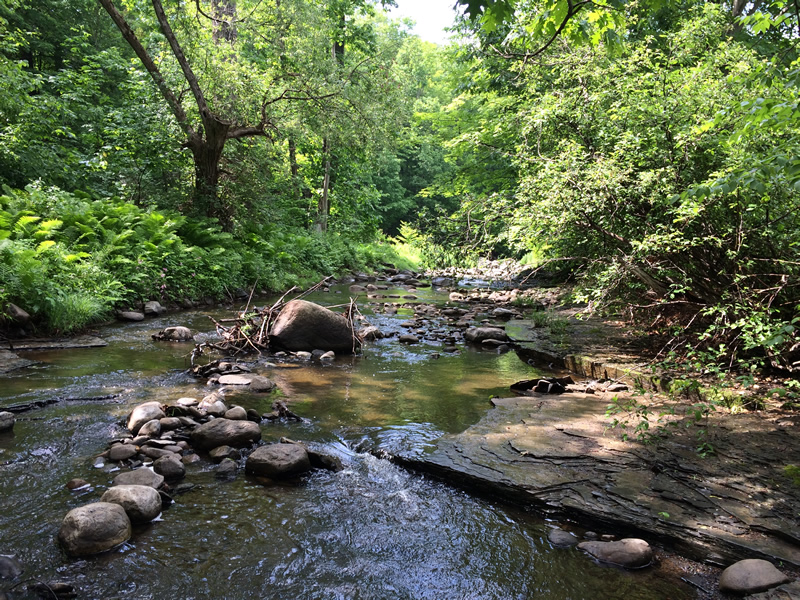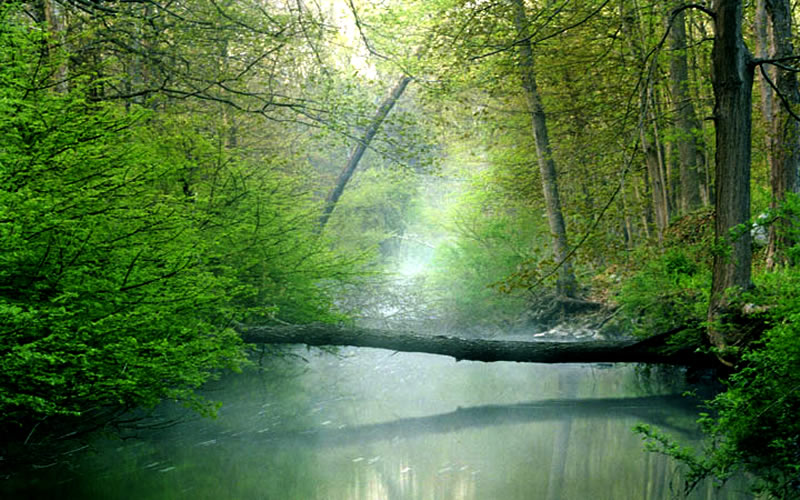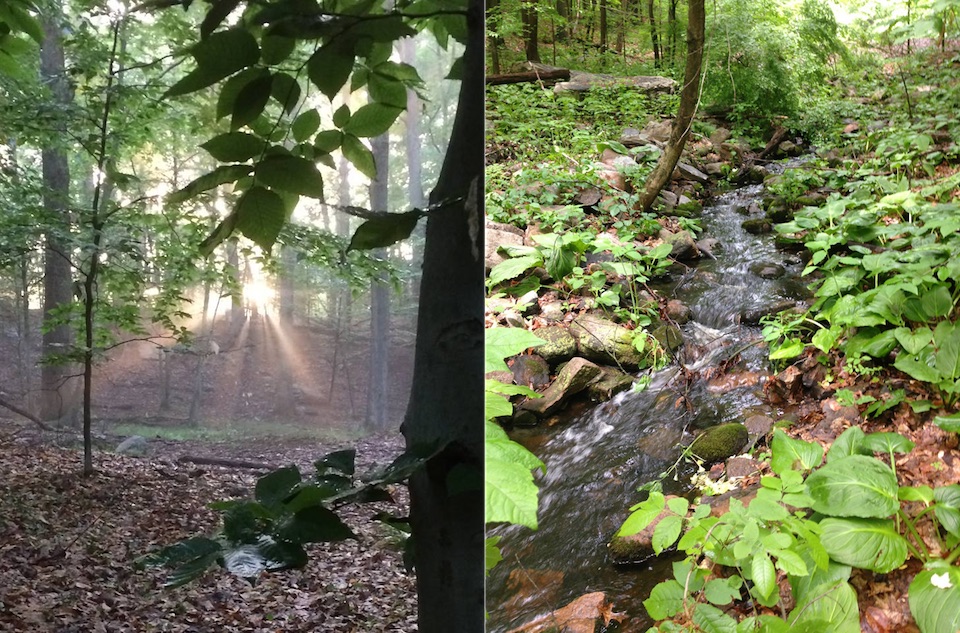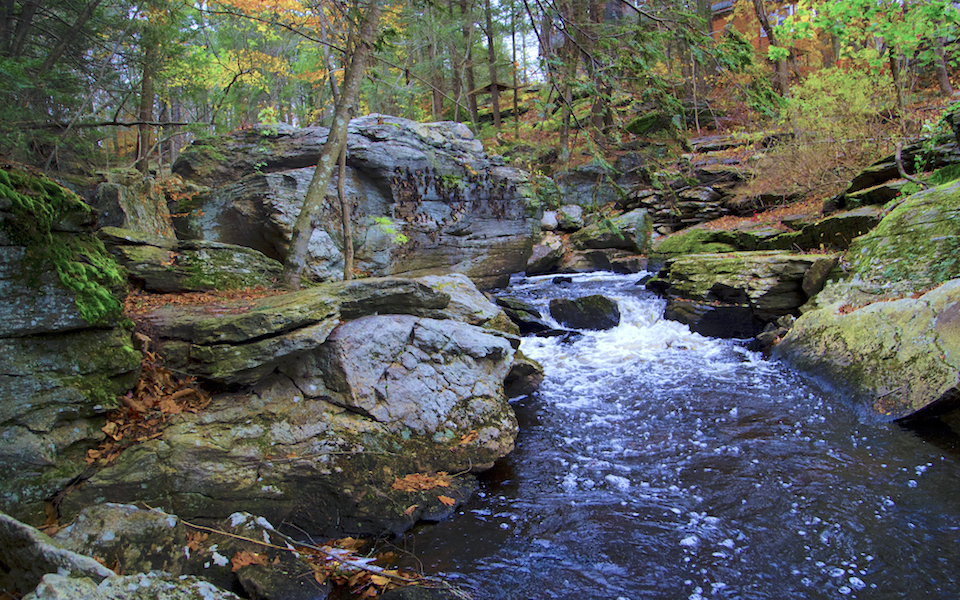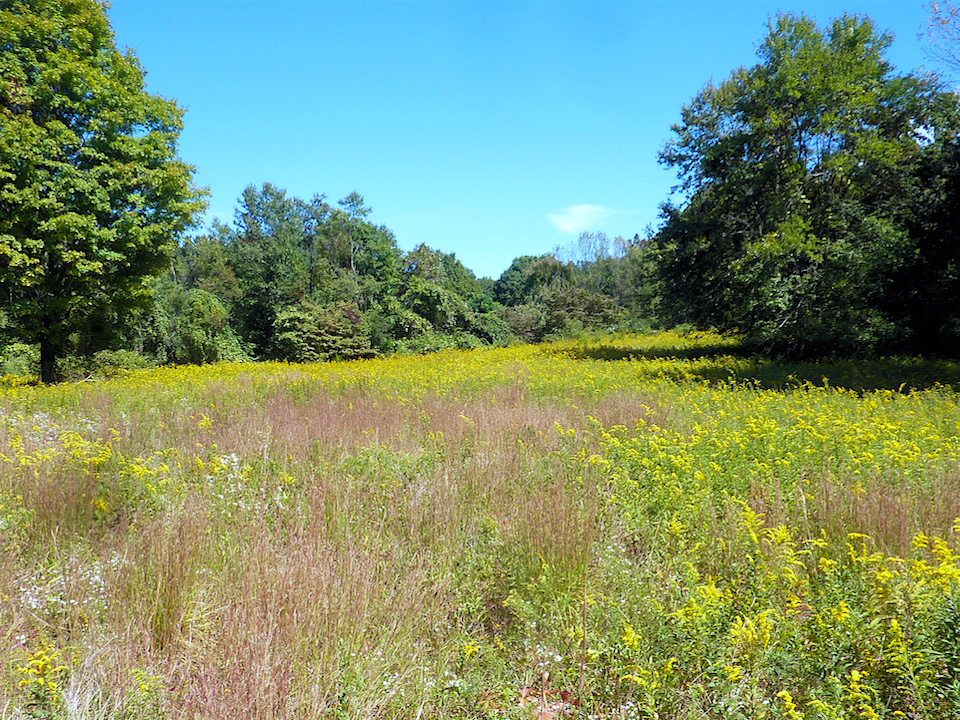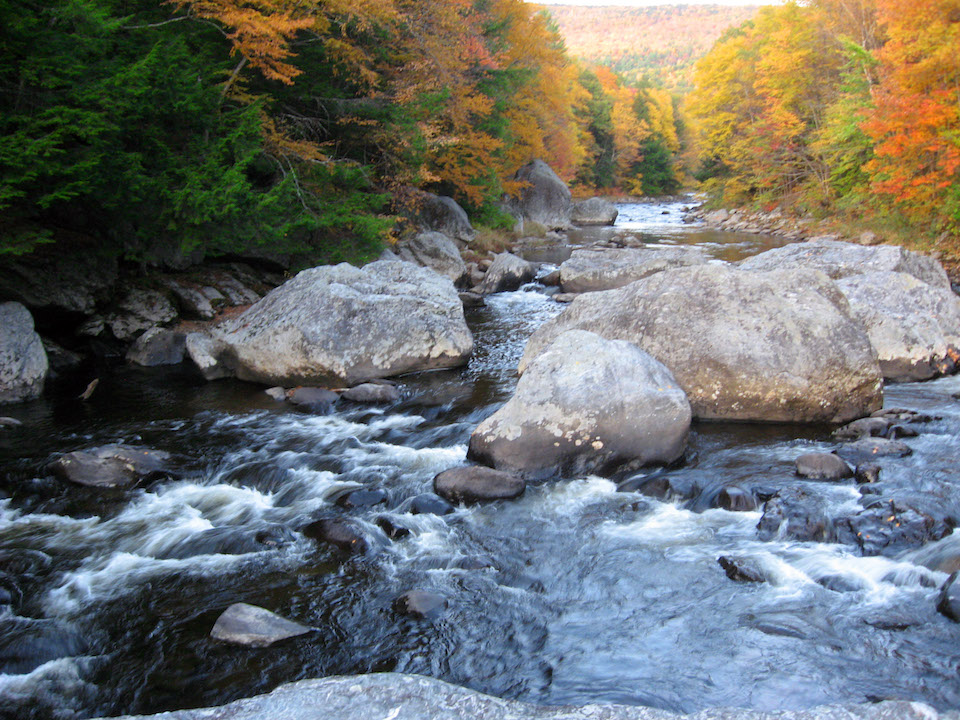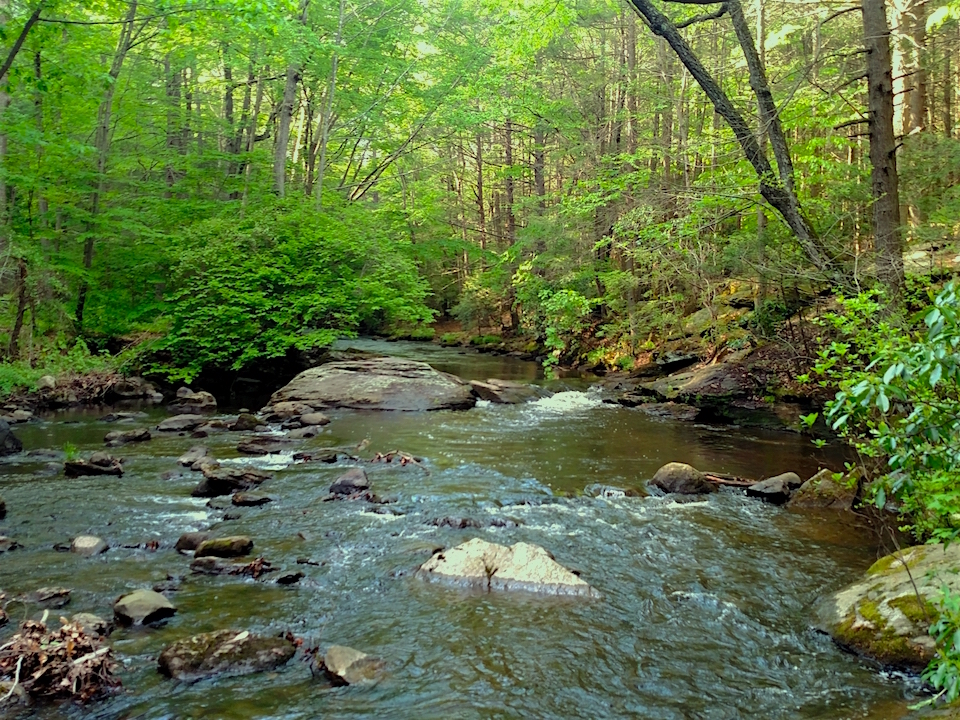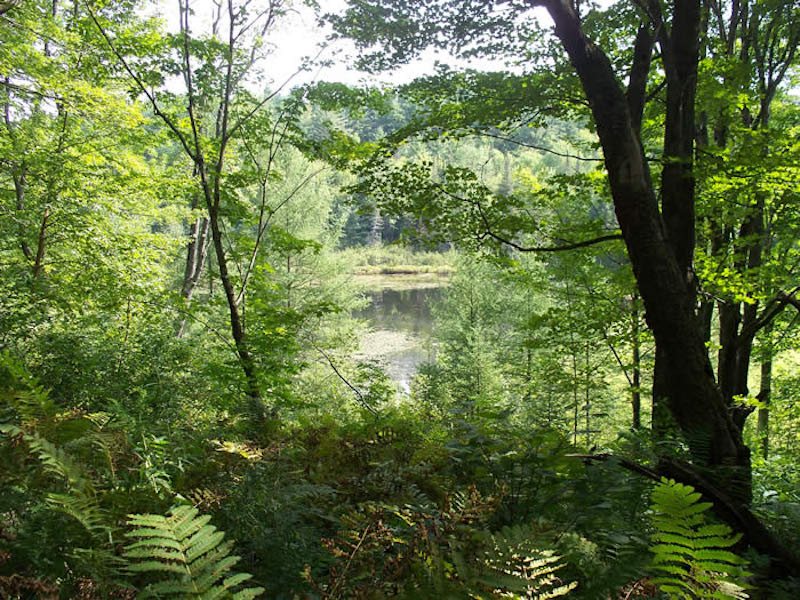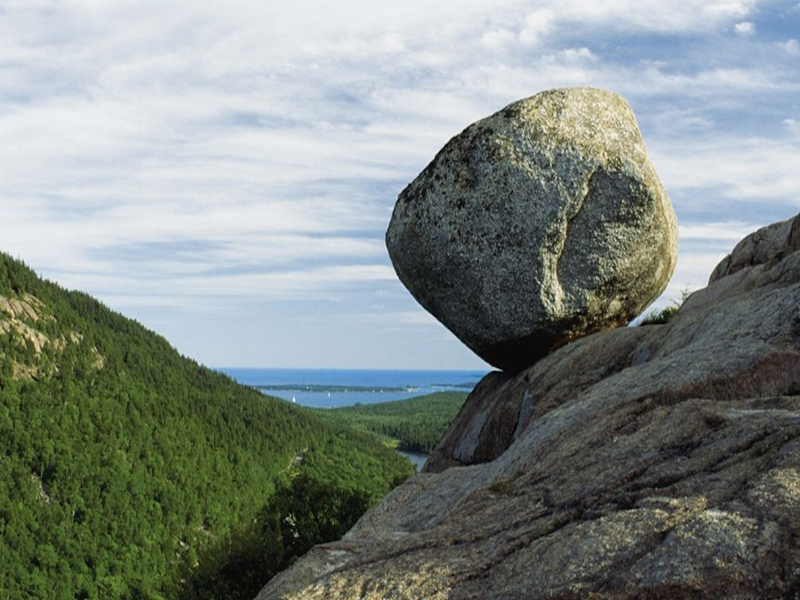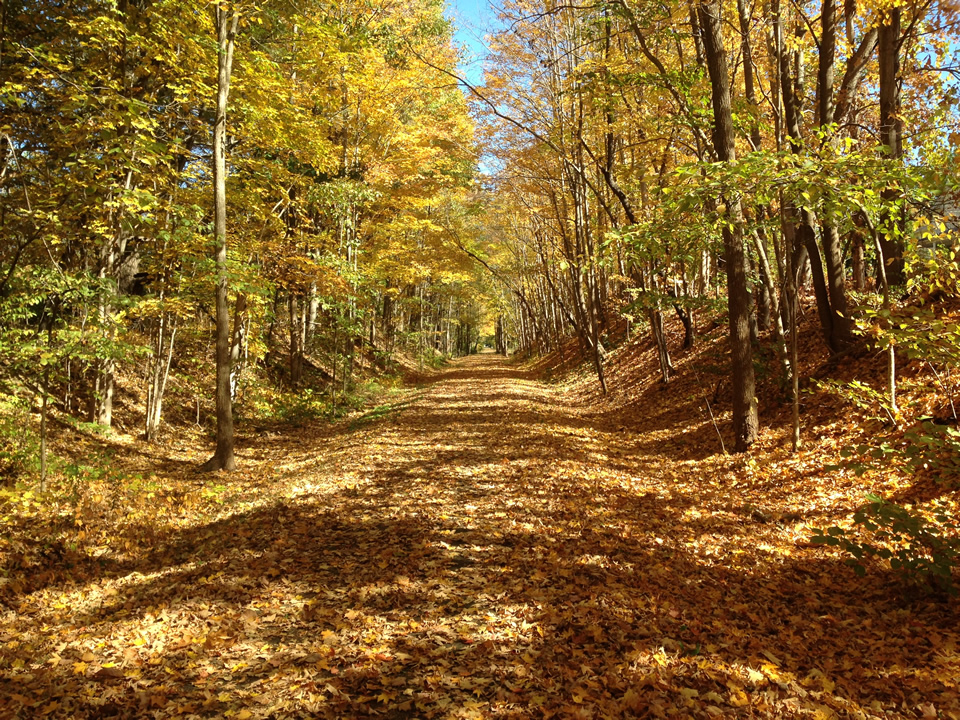Earth's Music
Piano, Strings and Trombone
This piece is now available on the Nature Suite CD and also can be found online (YouTube, Apple Music ,etc.). FYI: In the Tidbits section below, a direct link to listen on YouTube is available.
"The earth has music for those who listen."
- George Santayana
" Nature does not hurry, yet everything is accomplished."
- Lao Tzu
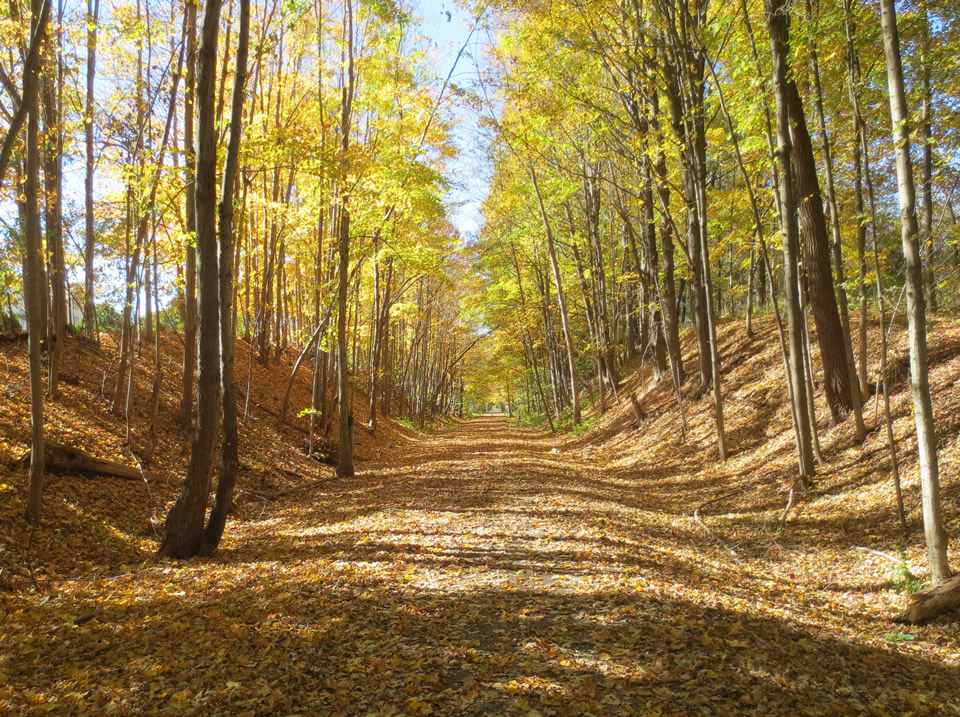
Harlem Valley Rail Trail
Photo: Rich Coffey
(click to expand/collapse)
Earth's Music
Music
Earth's Music is composed of three contrasting sections (A, B and C) and a leisurely vamp/fade out on a snippet of B. The arrangement varies from stark solo piano to lush strings and trombone—emulating nature’s contrasting beauty around us. The opening percussion loop was downloaded from Looperman: Earthbeat 4.
Listen (YouTube) - link opens on a separate tab/window to allow simultaneous online listening: Earth's Music
Photos
The slide show collection of photos features not only local Connecticut parks where I have biked or hiked1, but a broad array of spots in the Northeast as well2.
1 - Pequnnock Valley - Trumbill, CT; Mianus River Park and Woodway Park - Stamford, CT; Harlem Valley Rail Trail - Amenia, NY
2 - Kingdom Trails- East Burke,VT; Acadia National Park; Vermont fields, forests, rivers and lakes
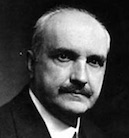

George Santayana
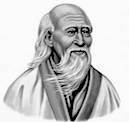

Lao Tzu
